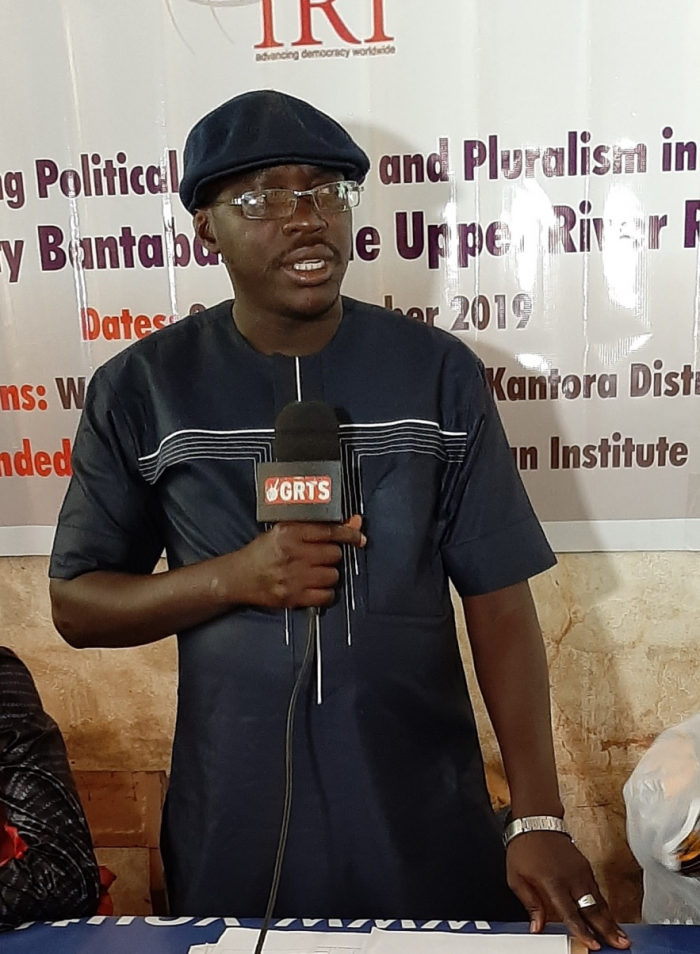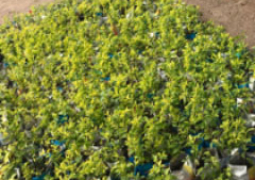
Nfamara Jawneh was speaking in an exclusive interview with The Point following reports of serious communal land conflicts in Niamina Sambang in Central River Region and between villagers of Waliba Kunda and Perai Tenda in Upper River Region.
Nfamara Jawneh, ED Beakanyang
According to him, considering the unprecedented level of land disputes, with some leading to serious fight between communities and resulting in injuries, proliferation of political parties and ideologies, caste system conflicts and hate speech among others, there is every need to establish a peace council.
“We need such a national body that will focus on educating citizens about peace and the need to maintain it at all times,” he noted.
According to Mr. Jawneh, such a body when created by an Act of Parliament, could among other things coordinate conflict prevention, resolution and build sustainable peace.
“Part of its mandate could be to create more awareness on the use of non-violent methods to prevent, manage and resolve conflicts and build sustainable peace in the country,” he suggested.
He added that the body could facilitate the amicable resolution of conflict through mediation and other processes including indigenous mechanisms for conflict resolution and peace building.
“We badly need such a national institution that would be permanent, independent and promote understanding of the values of diversity, tolerance and reconciliation.”
He disclosed that at the level of his organisation, they have already created district peace committees in Wuli West, Sandu, Kantora and Jimara to promote peace in those districts.
“We are planning to create more peace committees in other parts of URR and beyond this year,” he said.
“We need to strengthen capacities for conflict prevention, management, resolution and sustainable peace in the country by empowering our traditional leaders, youth groups, women and community based organisations,” Mr. Jawneh remarked.
He further argued that the mandates of existing structures such as TRRC, ADRS and NCCE are not sufficient to promote sustainable peace in the country.
The civil society leader reaffirmed his organisation’s commitment in working with government in the establishment of a National Peace Council that would work towards maintaining lasting peace for the country should the government see its relevance.


